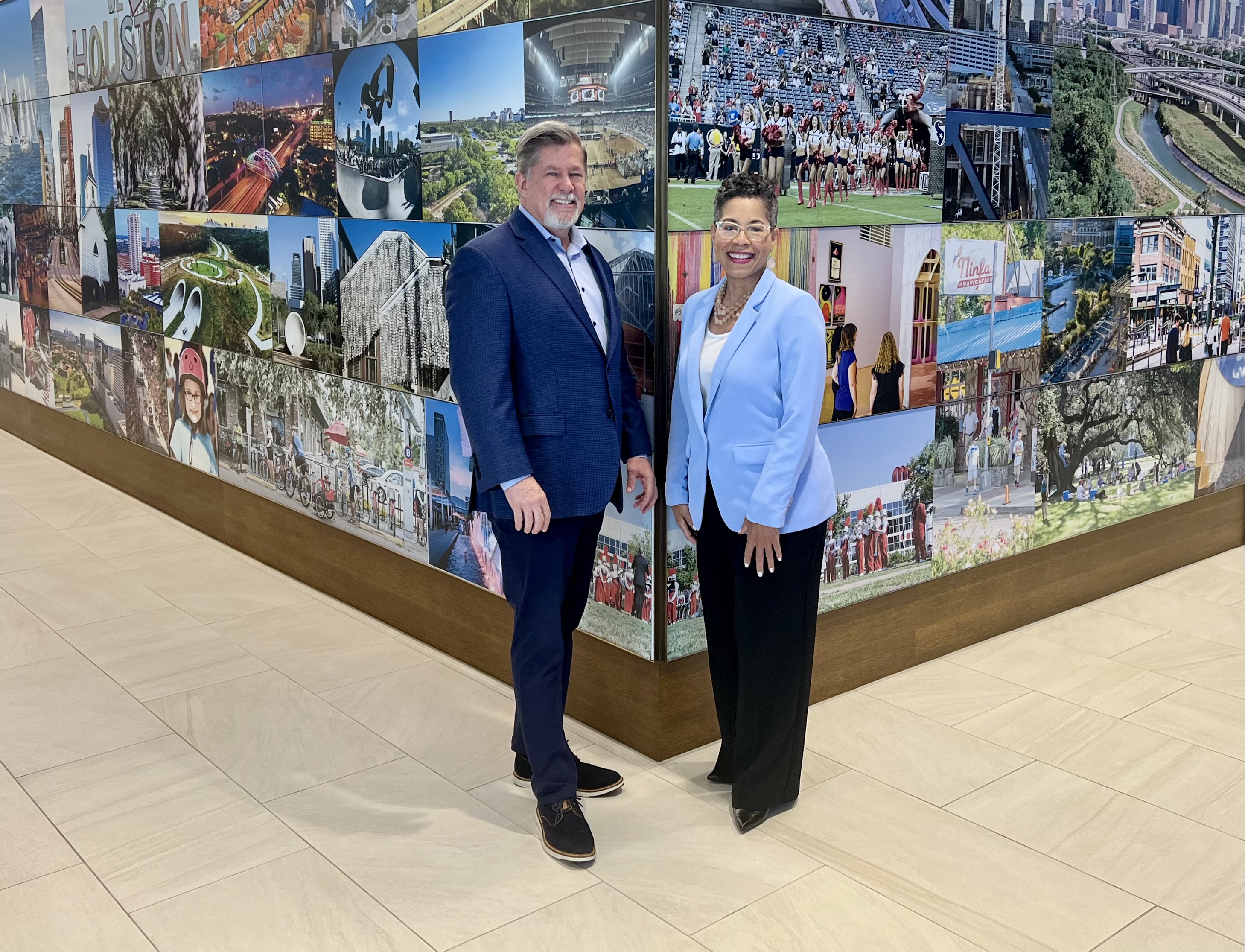DEI Efforts Well Underway in Survey of Houston Companies
Published Dec 03, 2020 by Jenny Philip
As part of the One Houston Together effort, the Partnership conducted a survey in November to better understand the current business community activity surrounding diversity, equity and inclusion (DEI).
The survey received 172 responses and revealed helpful insights about how Houston businesses are progressing in their DEI journey. In interpreting these results, it’s important to understand that the survey may have received more responses from those companies that are already active in DEI as they would be more inclined to participate in this survey. These results are not meant to be representative of the entire Houston business community, rather an indication of how DEI activity is progressing in the responding companies.
Top Five Takeaways
1. DEI programs or efforts exist in nearly all of the respondents’ companies.
94 percent of the respondents have started DEI work within their companies with 54 percent having been on the DEI journey for five or more years. Of those who do not have a DEI program, 77 percent plan on starting one in the near future.
2. Companies with DEI officers and DEI committees are more likely to progress in their DEI work.
Of those companies who have progressed further* in their DEI journey, 75 percent have a dedicated DEI Officer. DEI committees also facilitate greater progress: 84 percent of companies with DEI committees have a DEI strategic plan compared to only 43 percent of companies without committees having a plan. (*Companies that have “progressed further” are those that are implementing DEI systemically, showing improved DEI results and outcomes or are demonstrating best practices in DEI.)
Companies with committees also make more progress in implementing DEI plans than those without committees, whether that’s through garnering the support of executive leadership, securing a dedicated budget to support DEI efforts, or ensuring assessment and metrics guide their DEI work.
3. Attracting and retaining diverse talent is important to respondent companies.
90 percent of respondents have recruitment efforts to attract minority candidates. The top three strategies utilized to improve diversity in hiring were:
- Recruiting from schools and conferences other than normal standbys
- Posting job openings in outlets targeting underrepresented groups
- Creating an interview process that makes diverse candidates feel welcomed
As far as creating an inclusive work environment, the top three strategies were:
- Mandatory unconscious bias training
- Employee resource groups, affinity groups, or other diversity networks
- Giving employees a voice in policy and Corporate Social Responsibility programs
4. The majority of companies possess an awareness of DEI as a social responsibility and have begun promoting DEI through its products and services and customer/stakeholder engagement.
Companies are further along in integrating DEI practices into their marketing and customer service than in the other categories. The most progress can be made in improving supplier diversity.
- Inactive – No DEI work has begun; diversity and a culture of inclusion are not part of organizational goals.
- Reactive – Compliance mindset; actions are taken primarily to comply with relevant laws and social pressures.
- Proactive – A clear awareness of DEI values; starting to implement DEI systematically.
- Progressive – Implementing DEI systemically; showing improved results and outcomes.
- Best Practice – Demonstrating best practices in DEI; an exemplary model for other organizations.
5. Companies are focused on education in their racial equity-related giving and a majority of respondents anticipate maintaining or increasing their corporate financial support of racial equity issues in 2021.
When asked what racial equity issues their company has invested in, the top three responses were higher education; reskilling, upskilling, workforce training; and K-12 public education. Nearly a third of the companies spend $500,000 or more a year on racial equity efforts. Sixty percent intend on increasing their giving in 2021 and 38 percent will maintain their current level of investment.
Learn more about the Partnership's racial equity initiative, One Houston Together.
 The Houston Report
The Houston Report



















